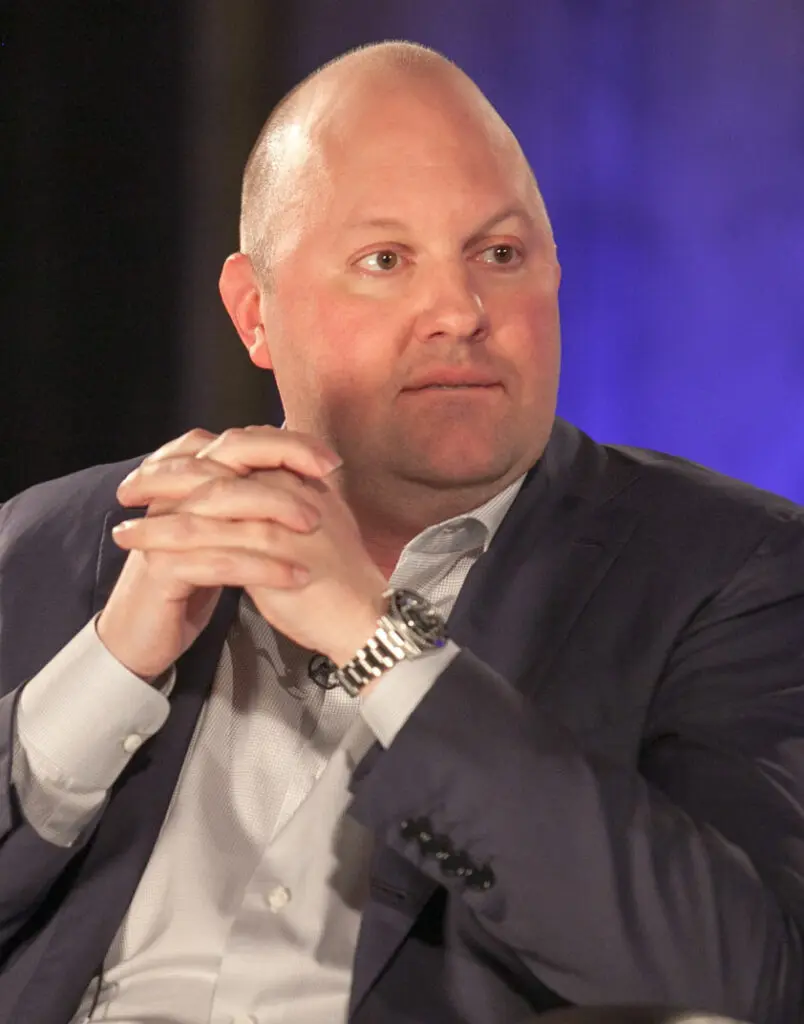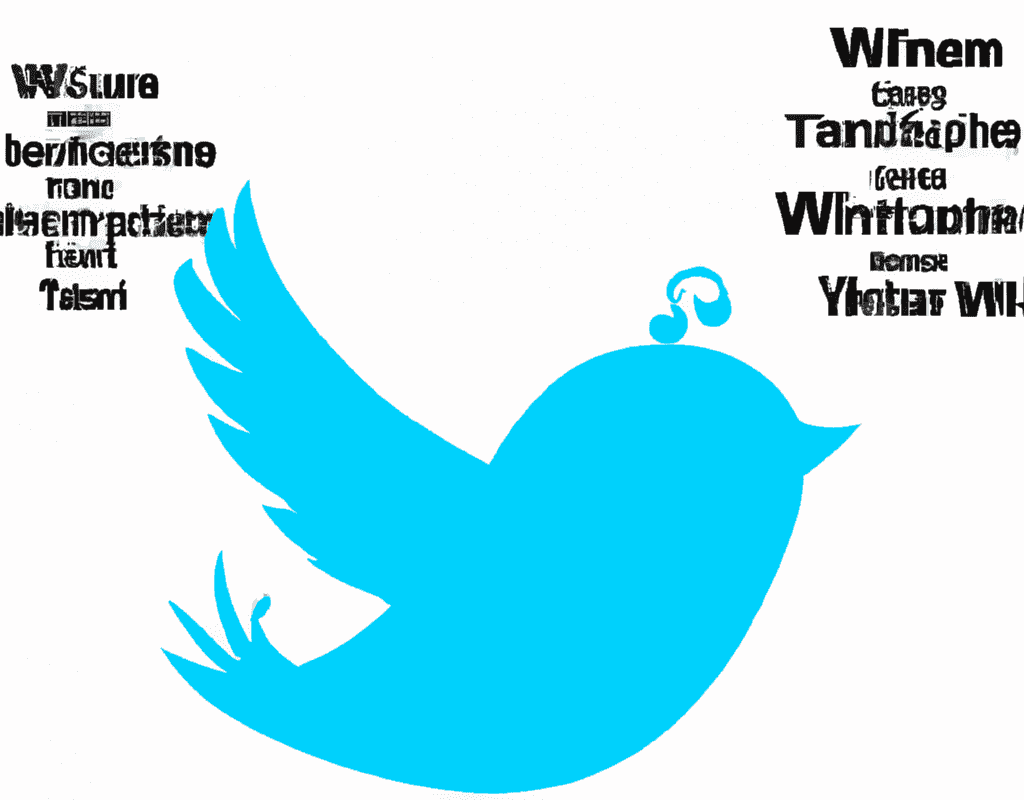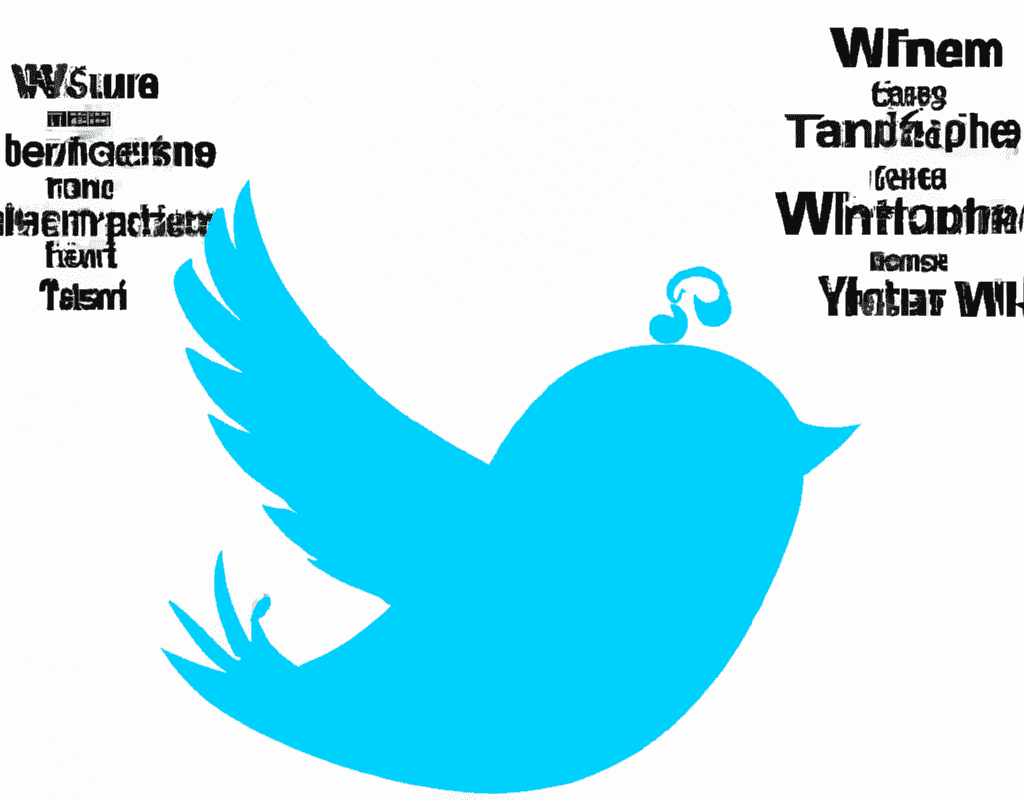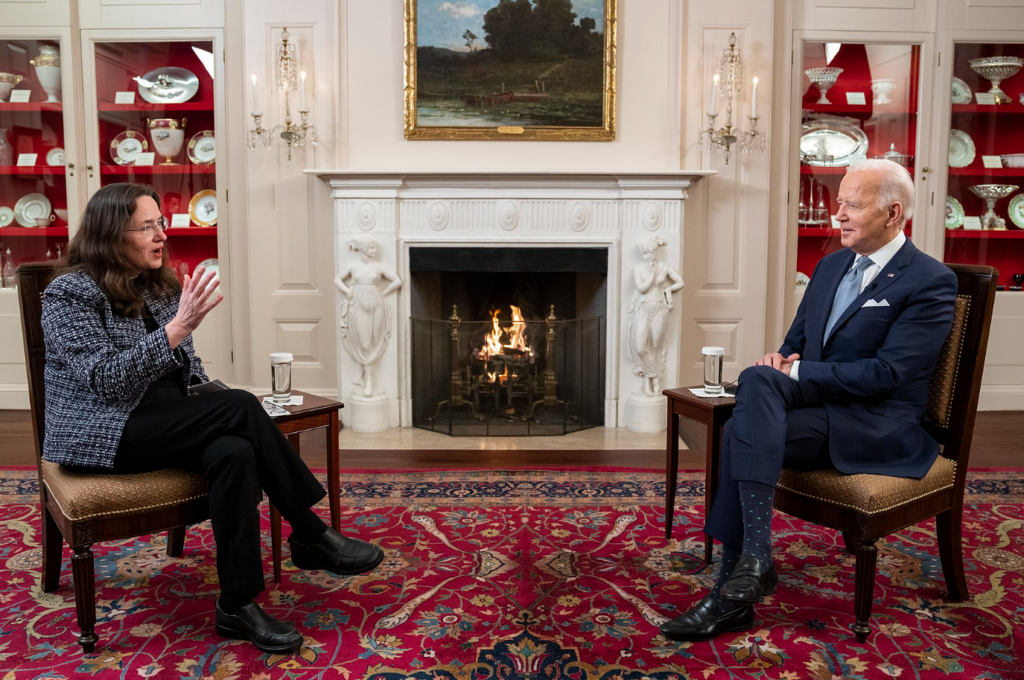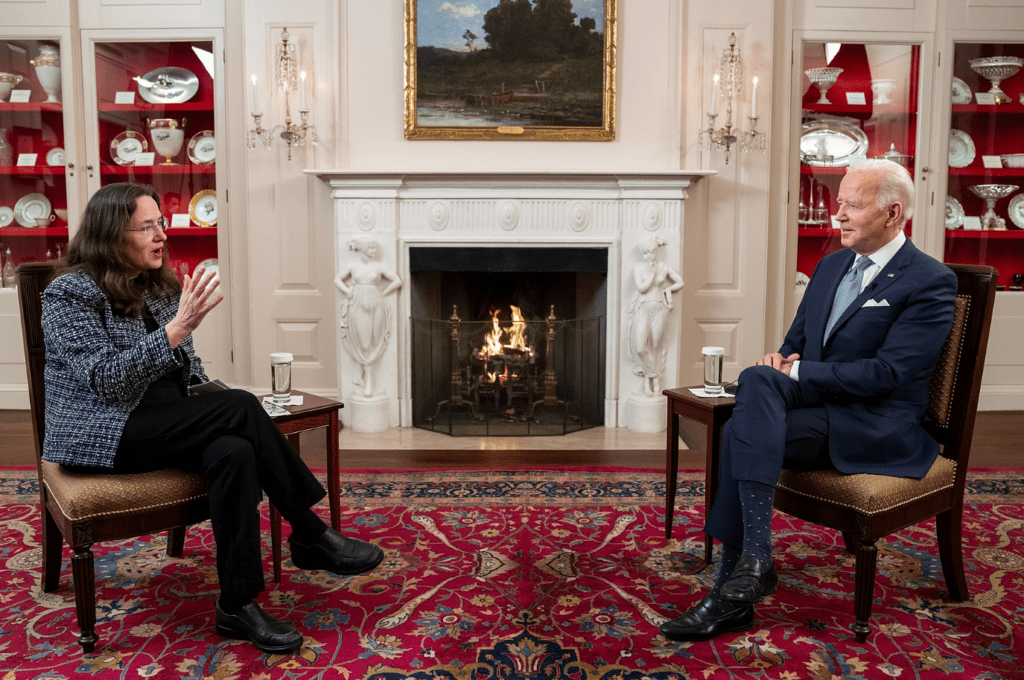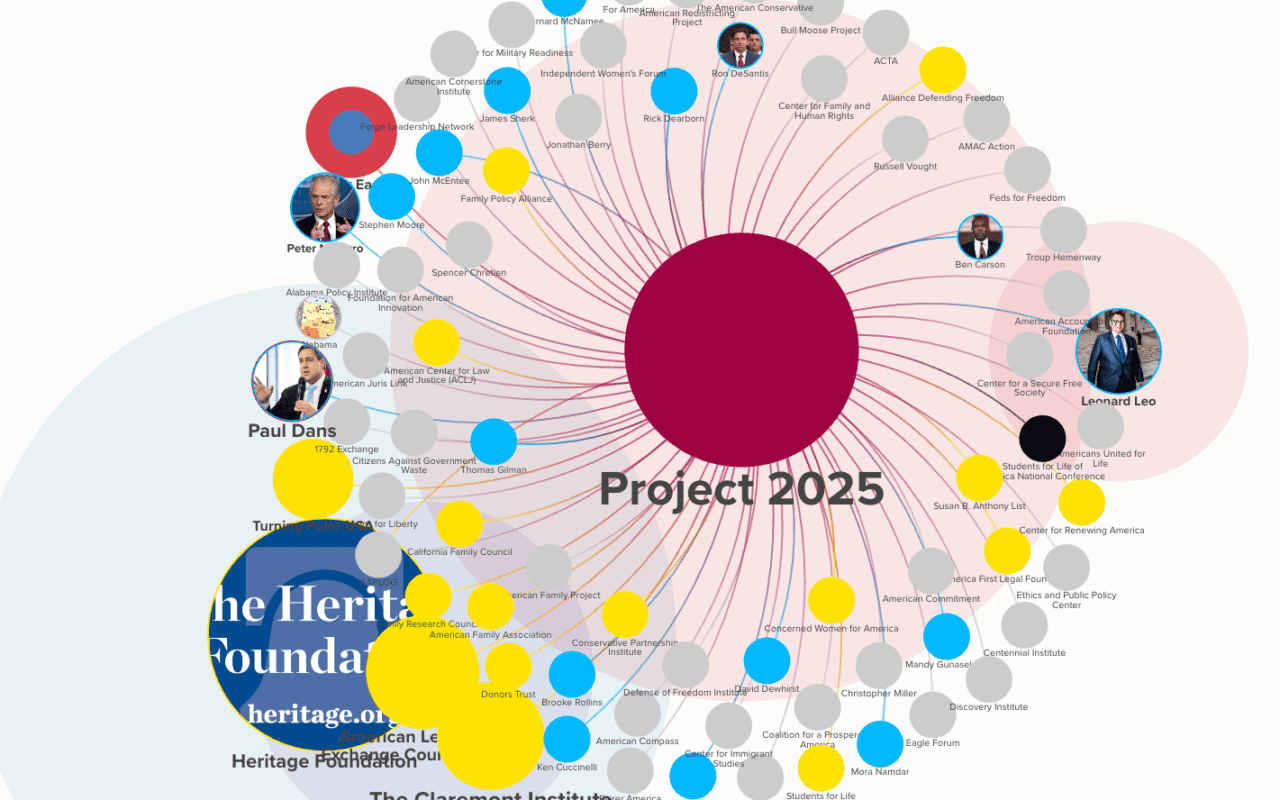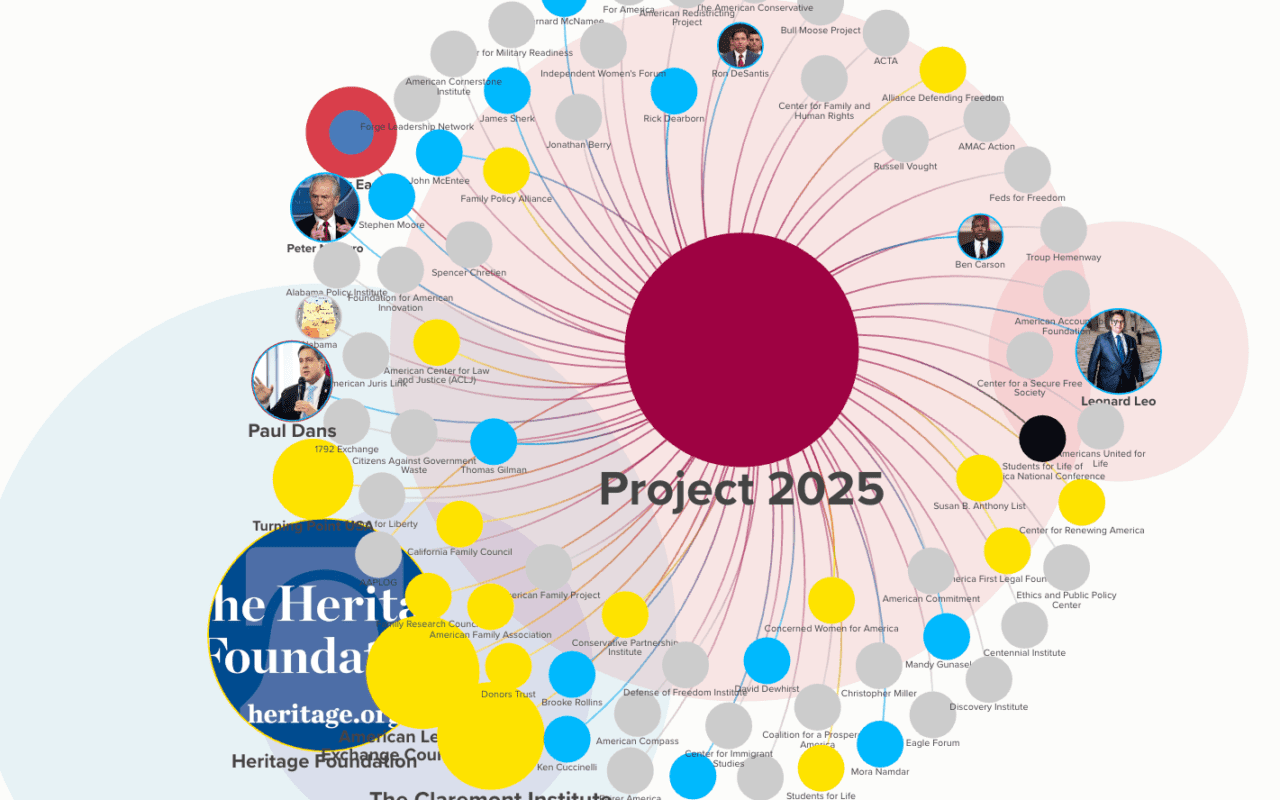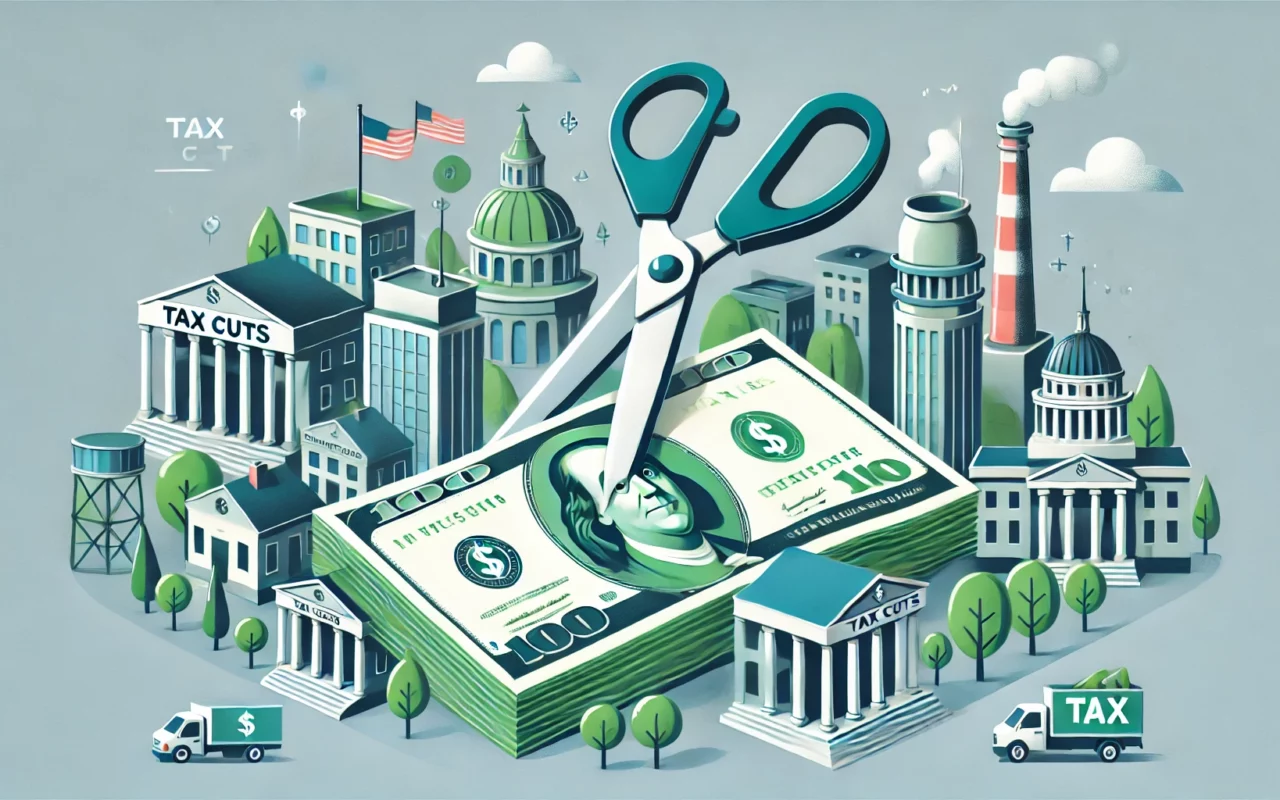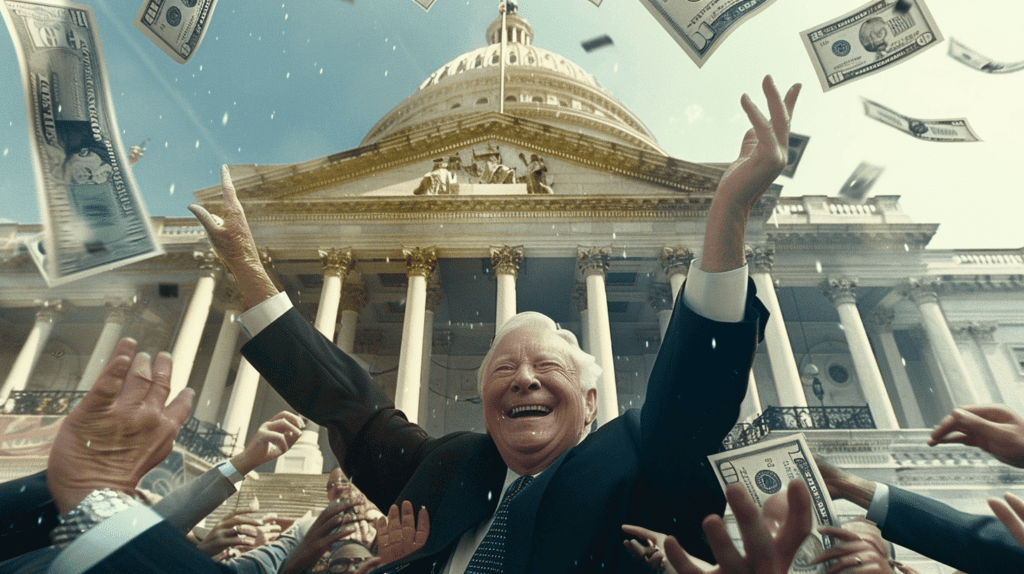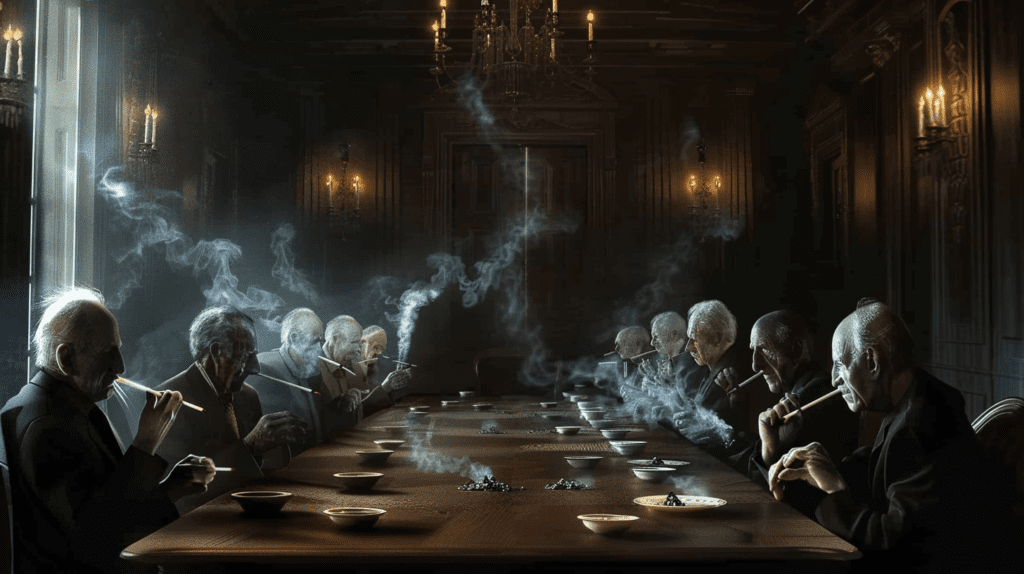Right wing groups in America have long wielded disproportionate influence over political discourse, policy-making, and the judiciary — quietly but effectively steering the country toward a more authoritarian, corporate-driven agenda. Groups like the Federalist Society and Heritage Foundation operate as power brokers in the conservative ecosystem, funneling money and influence to shape not just elections, but the ideological future of the nation.
The Federalist Society, for example, has become a judicial kingmaker, successfully installing justices on the Supreme Court who subscribe to its narrow view of constitutional “originalism”—leading to landmark decisions like Dobbs v. Jackson, which rolled back reproductive rights in America. Meanwhile, Heritage’s Project 2025 serves as a blueprint for a far-right authoritarian takeover of federal agencies, ready to gut progressive reforms and install Christian nationalist ideology in their place.
But these are just a few key players in an ever-expanding web of right-wing groups. The National Rifle Association (NRA) remains a force in stoking fears around gun rights to mobilize voters, while Fox News continues to manipulate public discourse with fear-mongering and disinformation to drive its viewers further into a reactionary worldview. Behind the scenes, the Council for National Policy (CNP) operates as a shadowy network of conservative elites pulling the strings, and groups like the American Legislative Exchange Council (ALEC) and Turning Point USA drive extremist policies at the state and grassroots levels.
Add to that the influence of organizations like the Family Research Council, Focus on the Family, and PragerU, and it becomes clear that right-wing power in America is deeply entrenched, feeding off the fear and division these groups systematically create. The stakes for democracy and the future of civil liberties couldn’t be higher.
One way to address the threat is to become familiar with it. Here is a cheatsheet to some of the most influential and notable right wing groups in operation today.
The Federalist Society
The Federalist Society is a powerful, right-wing legal organization that seeks to reshape the U.S. judiciary by advocating for originalism and textualism—the interpretation of the Constitution based on its supposedly “original” meaning (as interpreted by conservative judges, of course). Founded in 1982, this group has steadily gained influence by grooming conservative legal talent, promoting judges who share their philosophy, and challenging progressive legislation, with many of its members appointed to federal courts, including the Supreme Court.
Their ultimate goal is to roll back decades of civil rights protections, environmental regulations, and reproductive freedoms in favor of limited government (even ultra-limited government) and deregulated markets. Now led by conservative activist Leonard Leo, The Federalist Society’s growing clout can be seen in the success of getting their chosen justices onto the Supreme Court, paving the way for decisions like Dobbs v. Jackson, which overturned Roe v. Wade and set back reproductive rights in America by half a century. The organization’s influence has been particularly notable during Republican administrations, especially under former President Donald Trump, who appointed 3 of the Court’s 9 straight from the Federalist list.
A full two thirds of the current U.S. Supreme Court justices have been affiliated with or supported by The Federalist Society. These justices share the Society’s commitment to originalism and textualism, and many were recommended or championed by the organization during the judicial nomination process. The following 6 justices have ties to The Federalist Society:
- John Roberts (Chief Justice) – Although not a formal member, Roberts has participated in Federalist Society events and has been described as ideologically aligned with the group’s principles.
- Clarence Thomas – An advocate of originalism, Thomas has long been associated with the judicial philosophy promoted by The Federalist Society. He has spoken at their events and is widely seen as one of their intellectual leaders on the bench.
- Samuel Alito – Like Roberts, Alito is not a formal member but has participated in Federalist Society activities and shares their conservative judicial outlook.
- Neil Gorsuch – A formal member of The Federalist Society before his nomination, Gorsuch was strongly backed by the organization when he was selected to replace Antonin Scalia in 2017.
- Brett Kavanaugh – Kavanaugh was supported by The Federalist Society throughout his career, and his nomination to the Supreme Court in 2018 was actively promoted by the group.
- Amy Coney Barrett – A former member of The Federalist Society, Barrett was a professor at Notre Dame Law School, where she worked closely with the organization. She was nominated to the Supreme Court in 2020 to replace Ruth Bader Ginsburg.
The Heritage Foundation
The Heritage Foundation, founded in 1973, has long been a key architect of conservative policy in the United States. The Foundation’s efforts consistently push for policies that prioritize corporate interests, deregulation, and concentrated executive power, even at the expense of democratic institutions and processes.
Over the decades, The Heritage Foundation has become a significant force in shaping Republican legislative agendas, providing policy proposals to GOP lawmakers and conservative administrations since Ronald Reagan. However, this institutional influence has often facilitated the entrenchment of an authoritarian strain of right-wing ideology that has now metasticized into the body politic.
Continue reading Right Wing Groups